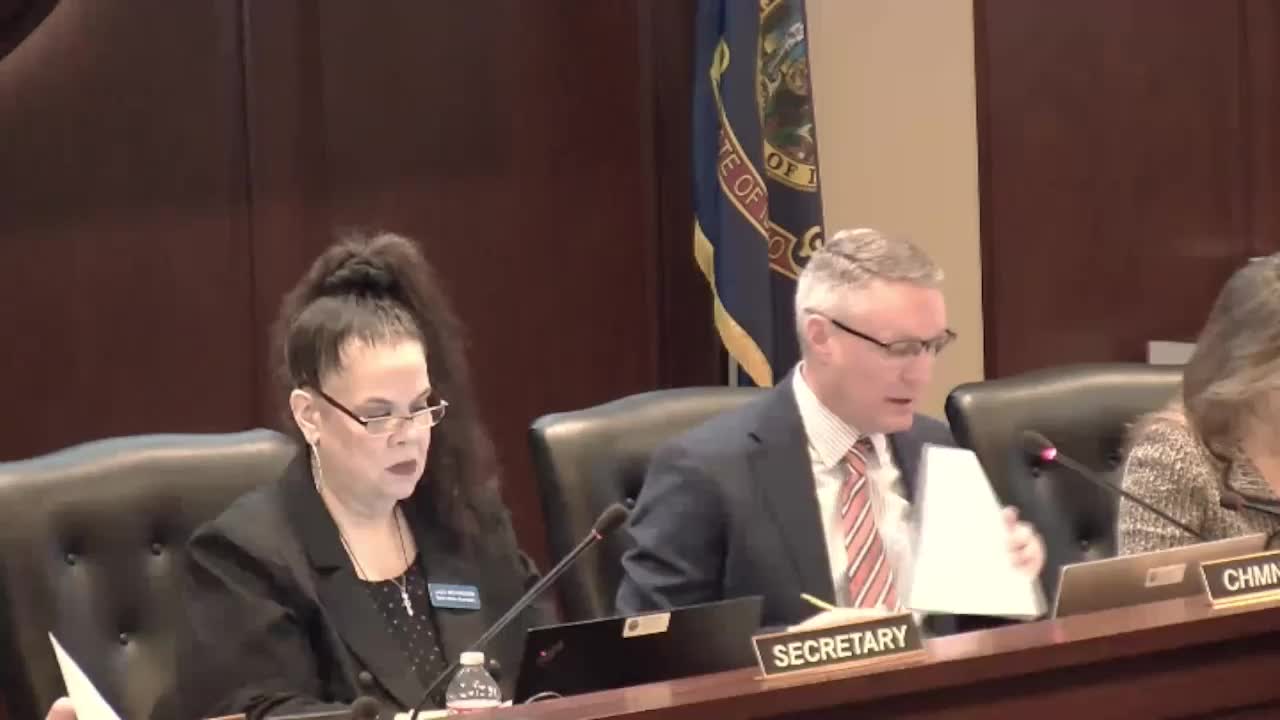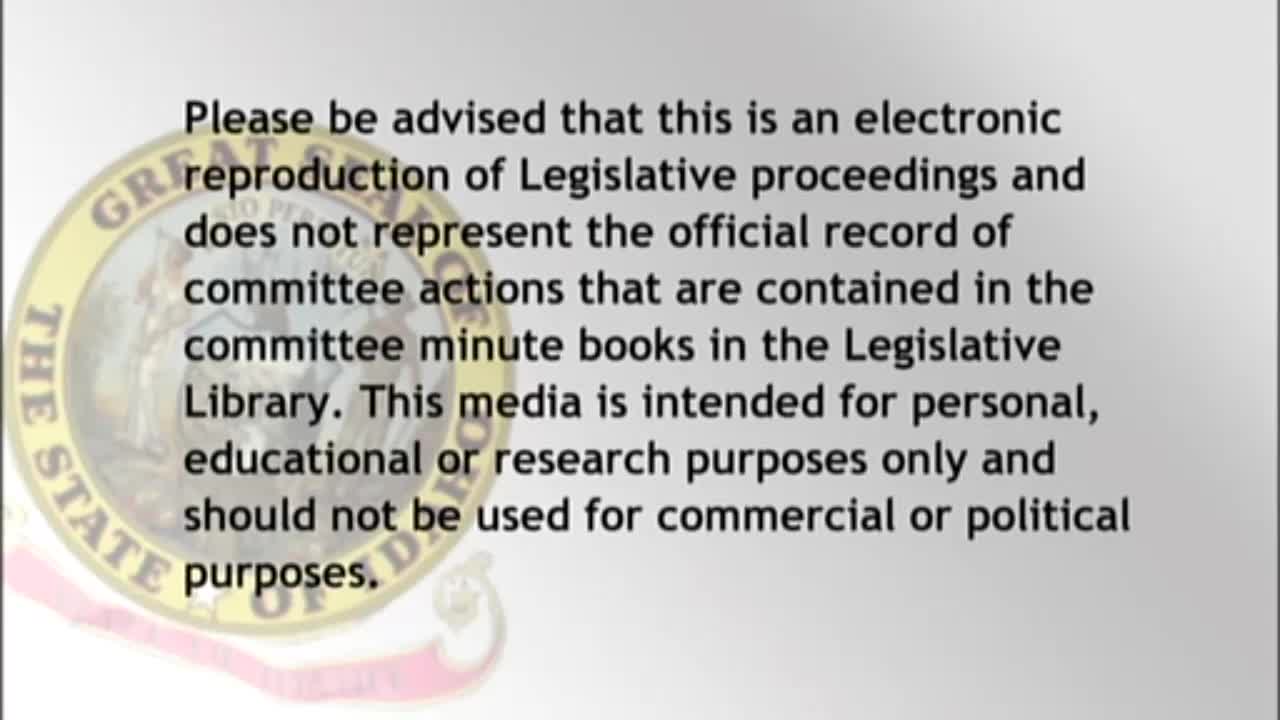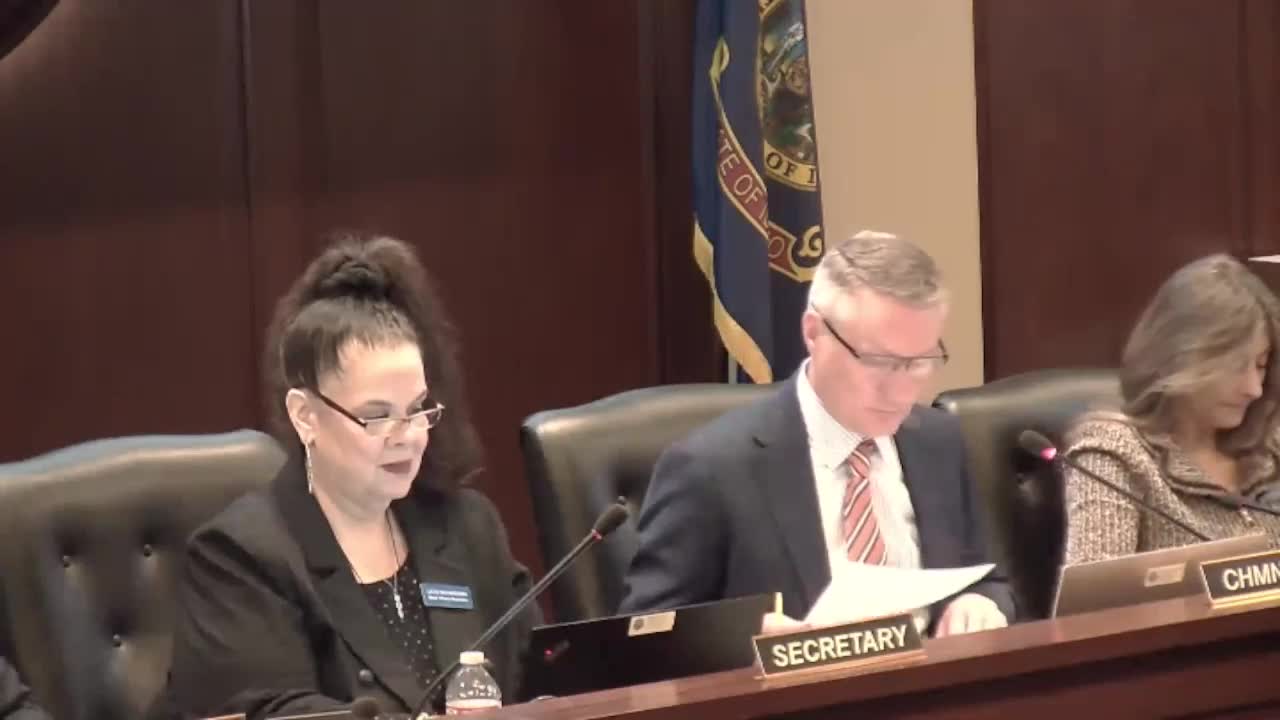Article not found
This article is no longer available. But don't worry—we've gathered other articles that discuss the same topic.

House State Affairs committee sends resolution honoring Boise State volleyball to the floor after hours of testimony on women’s sports and Title IX

House State Affairs committee approves minutes from Jan. 7

